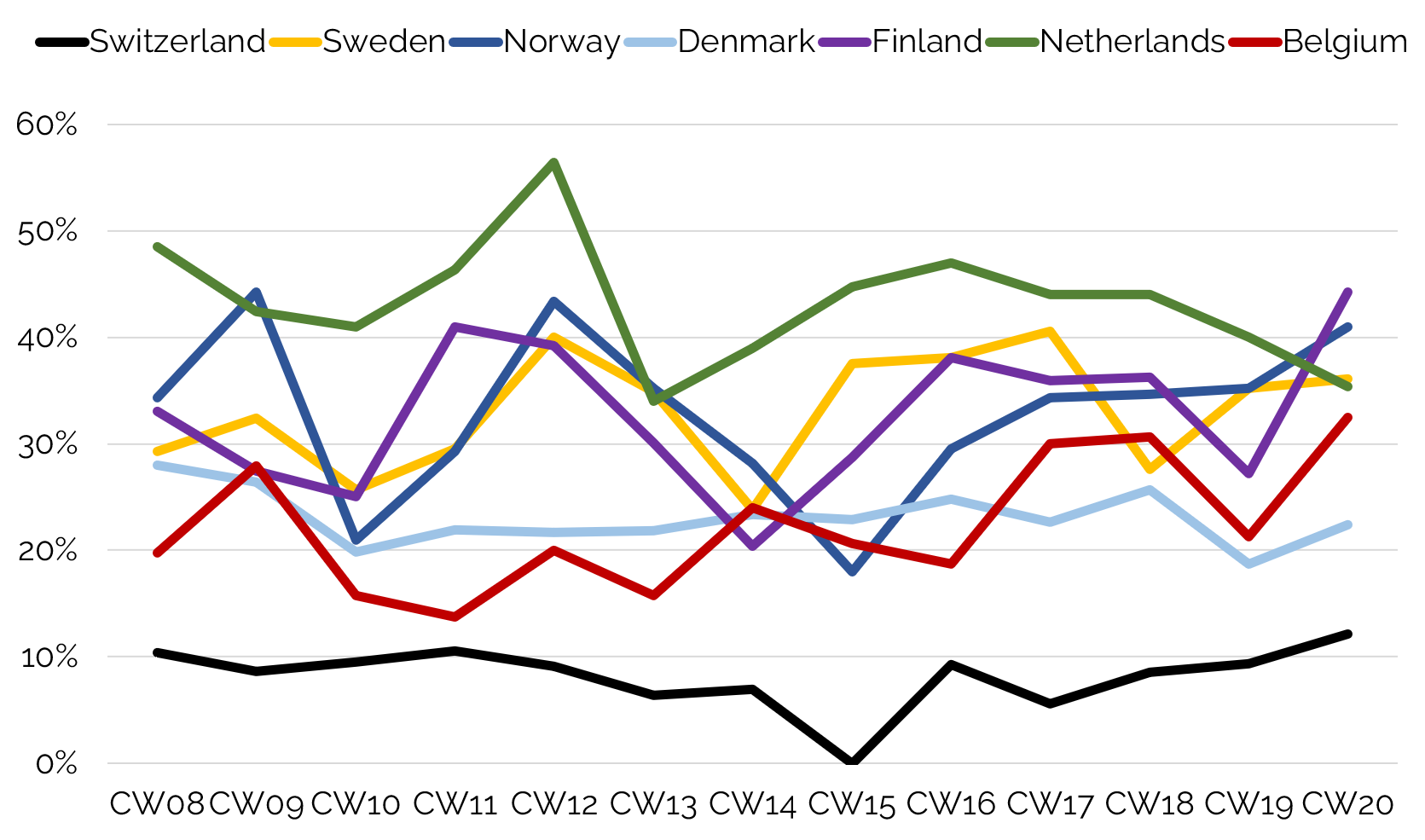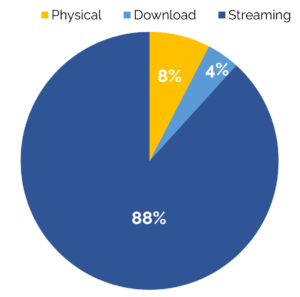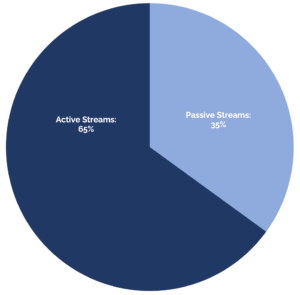Streaming: Making Swiss music visible
Streaming providers decide the success or failure of a song by placing it in popular playlists. The hurdles are particularly high for Swiss acts. This needs to change.
 Streaming platforms have become indispensable for the music markets. The importance of playlists is greatest on the market leader Spotify, but Swiss acts are rarely included in the platform's own playlists because there are no curators who take care of the Swiss offering and repertoire. This is an almost insurmountable hurdle for artists and their labels to generate visibility, streams and ultimately any revenue at all.
Streaming platforms have become indispensable for the music markets. The importance of playlists is greatest on the market leader Spotify, but Swiss acts are rarely included in the platform's own playlists because there are no curators who take care of the Swiss offering and repertoire. This is an almost insurmountable hurdle for artists and their labels to generate visibility, streams and ultimately any revenue at all.

In 2023, streaming accounted for a whopping 88% of sales of recorded music in Switzerland, and the trend is rising. The size of the offering today is already over 100 million tracks. The key challenge is to be recognized on this scale.

The decisive factor for success is the inclusion of your own tracks in popular playlists, in theespecially those that the providers themselves compile and curate on an ongoing basis. 35% of music consumption on the market leader Spotify's platform is via in-house playlists, which is why this provider has a considerable influence on which music is perceived and played at all and who consequently receives revenue.
However, Spotify hardly takes Swiss music into account: Swiss music is clearly underrepresented in Spotify's playlists, as a comparison of the local versions of these playlists with those of similar markets (Belgium, Denmark, the Netherlands, Norway, Spain, Finland) shows.
As a result, Swiss artists are practically denied the opportunities that such globally available platforms could offer from the outset. This is because "invisible" artists will neither create fans at home and abroad nor generate income, no matter how good their music is. This is illustrated below with an example.
Spotify publishes country-specific versions of "New Music Friday", a very successful international playlist. New releases are presented here on a weekly basis, featuring both international and national acts. The chart below shows that the proportion of domestic artists in comparable European countries averages over 30%, with a range of around 20% to 50%. This is not the case in Switzerland, where the proportion of local artists varies between zero and twelve percent. Switzerland is far behind in last place.
But why is the proportion of Swiss acts so low? The reason is that Spotify manages the Swiss offering from Berlin with staff who are mainly employed for the ten times larger German market and have no knowledge of the local music scene, let alone that of French-, Italian- and Romansh-speaking Switzerland. The Swiss offering is dealt with on the side, so to speak, while the main focus is on the German and international acts.
Spotify's behavior means that Swiss music creators and labels are severely hampered in their access to the national and global music market. The development potential of our local artists is being cut off from the outset: Anyone who is already difficult for the national audience to see will never make it onto international playlists and consequently never achieve international success. The opportunities of a globalized and digitalized music market cannot be exploited in this way; it is obvious that this also has financial and cultural consequences.
All major streaming platforms should be required to set up a Swiss editorial team based in Switzerland that is willing and able to offer the local multilingual music scene an appropriate platform in Switzerland. This is not only in the interests of the Swiss music industry, but also of Swiss consumers in all parts of the country.
Long-standing and extensive efforts by the associations of Swiss music creators and rights holders have unfortunately not led to major streaming platforms opening a branch with staff in Switzerland. Politicians have now also noticed the insufficient presence of the major streaming providers in Switzerland and are beginning to react. An interpellation submitted by National Councillor Müller-Altermatt in autumn 2023 entitled "Eliminating discrimination against Swiss music creators on the streaming market" received a positive response from the Federal Council. Müller-Altermatt then followed up with a motion under the same title, calling for "the legal basis to be adapted so that domestic and foreign companies that offer music in Switzerland via electronic on-demand and subscription services must appropriately and non-discriminatorily reflect and highlight Swiss music creation in the presentation of their general and customer-specific offerings. These companies should be obliged to conclude an industry agreement with the relevant associations of Swiss music creators and producers. A regulation of implementation by the Confederation and sanction mechanisms should be provided for in addition to industry agreements if these are not concluded within a reasonable period of time." Both motions were co-signed by members of a wide range of parties from left to right.
We can look forward to the reaction of the Federal Council and our new Culture Minister Elisabeth Baume-Schneider, as well as the willingness of Parliament to use simple instruments to make Swiss music more visible and therefore more successful. We will stay tuned!








